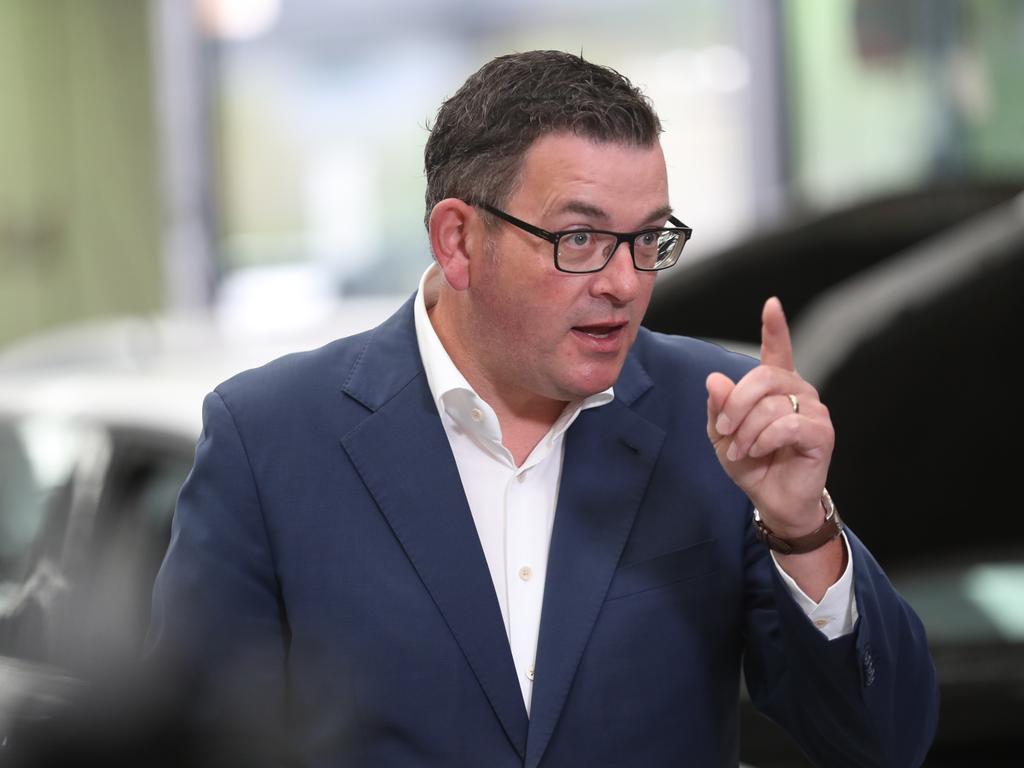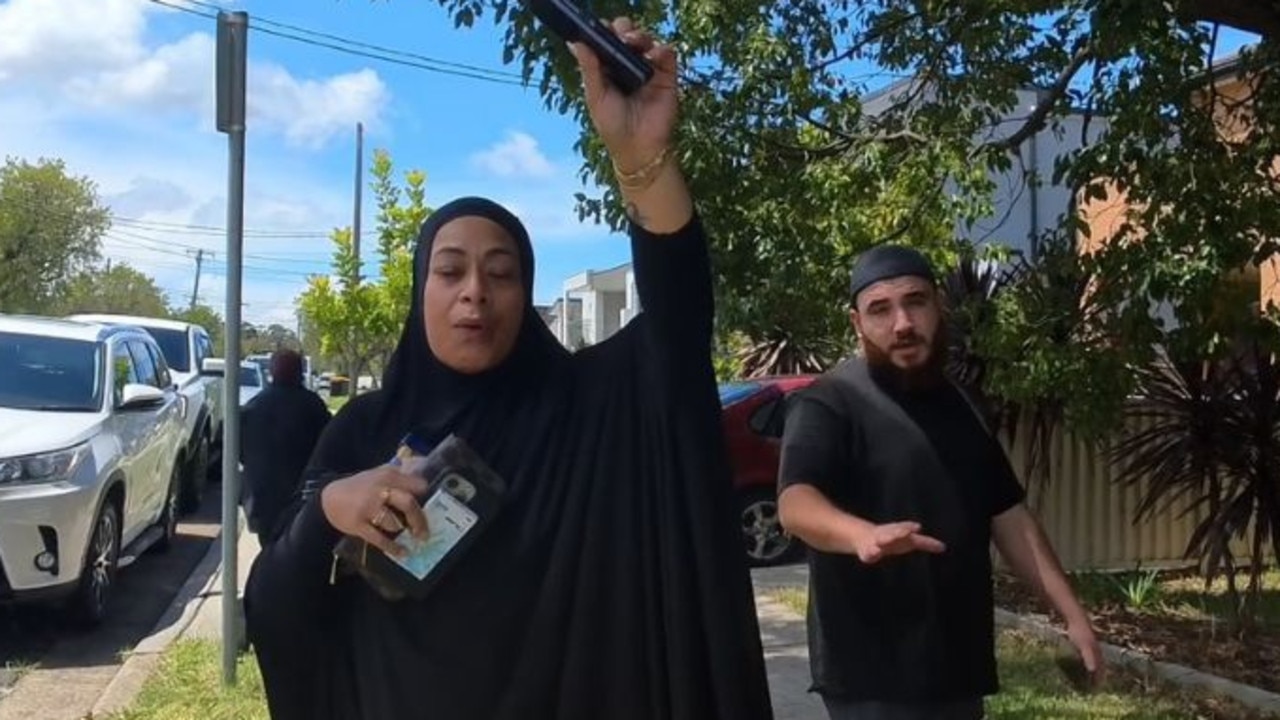Ramp it up: Liberals cry hypocrisy over ambulance data in South Australia
Five weeks after winning office via the issue of ramping, the Malinauskas government is refusing to release figures on ambulance delays.
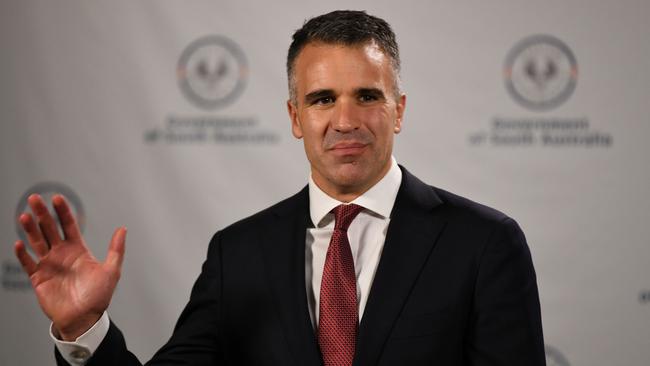
Just five weeks after destroying the Marshall Liberal government almost single-handedly over the issue of ambulance ramping, the newly elected Malinauskas Labor government is refusing to release daily or even weekly figures of ambulance delays in the public hospital system.
Throughout the South Australian election, Labor with the help of unions mounted daily attacks on overnight ramping figures, with a lavishly funded advertising campaign accusing the Liberals of costing lives by mismanaging the system.
Health Minister Chris Picton defended the release of the information, arguing that the Malinauskas government was being three times more transparent than former premier Steven Marshall by publishing ramping figures monthly, rather than quarterly as was previously the case.
Mr Picton said Labor had kept its pre-election promise to provide monthly figures and was immediately applying itself to freeing up and creating more hospital beds to reduce blockages in the system.
The Liberal Party argues the monthly release of figures is a far cry from the daily onslaught they suffered in government during the election campaign, when overnight figures and even inconclusive patient deaths were jumped on to accuse the Marshall government of neglect.
The ambulance union worked cheek by jowl with Labor on its campaign across social media and also scrawled chalk messages denouncing the Marshall government on ambulances in defiance of an industrial commission ruling.
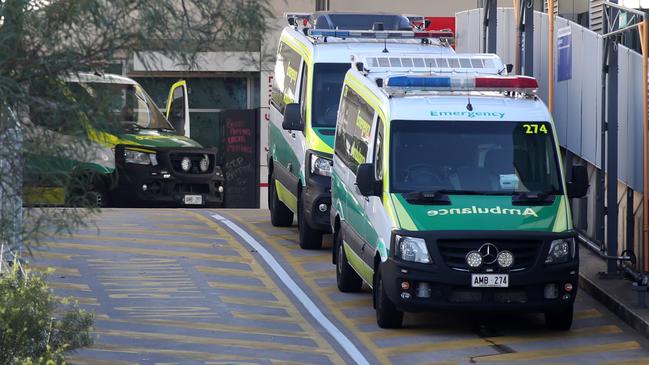
The decision of the Liberals to raise ramping has caused some surprise in South Australia, given the damage the party suffered on that very issue during the March campaign.
Labor accused the former government of sitting on its hands while ramping rose by 485 per cent during the past four years, and ran an aggressive statewide campaign against the new $663m Adelaide Entertainment Centre, denouncing it as a waste of money and promising to channel the money into public health.
Against that backdrop, opposition health spokeswoman Ashton Hurn said Labor needed to be held to a higher standard on ramping given the “lofty promises” it made about how it would fix the problem as a matter of urgency.
“They didn’t say they would improve it slightly; they didn’t say they would make it marginally better, or get there eventually; they said that they would fix it,” Ms Hurn said.
“It was a black-and-white promise. They said it would be fixed. Voters hate these kind of double standards when politicians say one thing in opposition and another in government.”
Ms Hurn said there was no reason the government could not release daily or weekly figures other than a political desire to prevent bad headlines. “Perception is everything in politics and we obviously got smashed on this issue but it is not acceptable for them to control the flow of information now because it suits their political agenda,” she said.
“The minister has access to daily and weekly figures so he should make those figures available in the same way they used them against us throughout the campaign.”
Mr Picton said it was the Liberals who were guilty of double standards, given they released the figures only quarterly when in power. “They are basically arguing that we should be 90 times more transparent than they were by releasing figures every day,” he said.
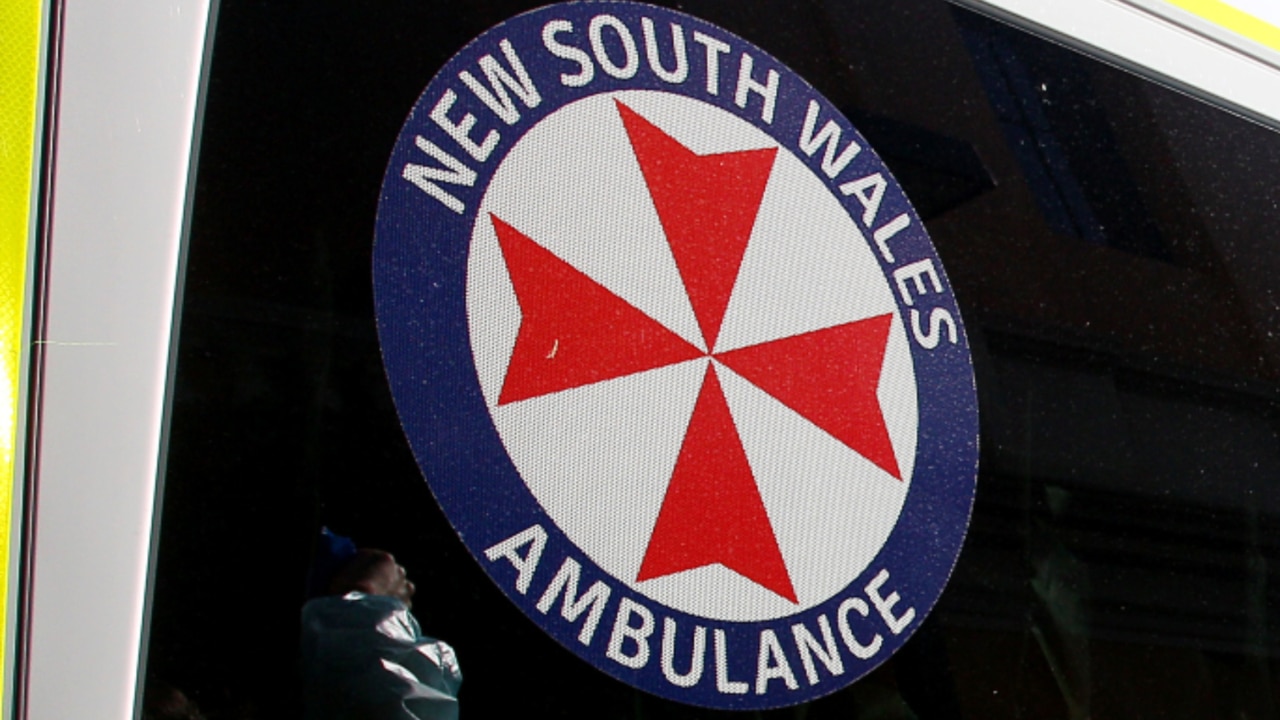
“We used to have to fight and argue and complain to get any figures on ramping released. In the end, the Marshall government said that at a time of their choosing and to a journalist of their choosing, the figures would dribble out every three months.”
Mr Picton said the opposition had been embarrassed by the post-election release of the independent report by emergency department physician Mark Monaghan into the Marshall government’s attempts to fix ramping at the Flinders Medical Centre in Adelaide’s southern suburbs.
The report found that the Marshall government’s plan to end ramping by increasing the Flinder ED had the reverse effect and made it worse because it was predicated on the closure of day beds within the hospital that were needed to free up ambulances.
“I am absolutely not saying we are fixing ramping in a few weeks but we are getting on top of it without the wholesale cancellation of elective surgery as happened under the previous government,” Mr Picton said. “The long-term strategy is to create capacity in the system so that when patients call triple-0 they can get into a hospital, and that you don’t have ambulances stuck outside the hospital, meaning those ambulances can’t get to other people who have called triple-0.”
The SA Ambulance Employees Association has ended all social media attacks on the government over ramping since Labor won the election.
After Labor’s landslide win, AEA state secretary Leah Watkins told the ABC there was “a lightness in the air” now that the Liberals had been defeated and that the union recognised ramping “will not disappear overnight”.


